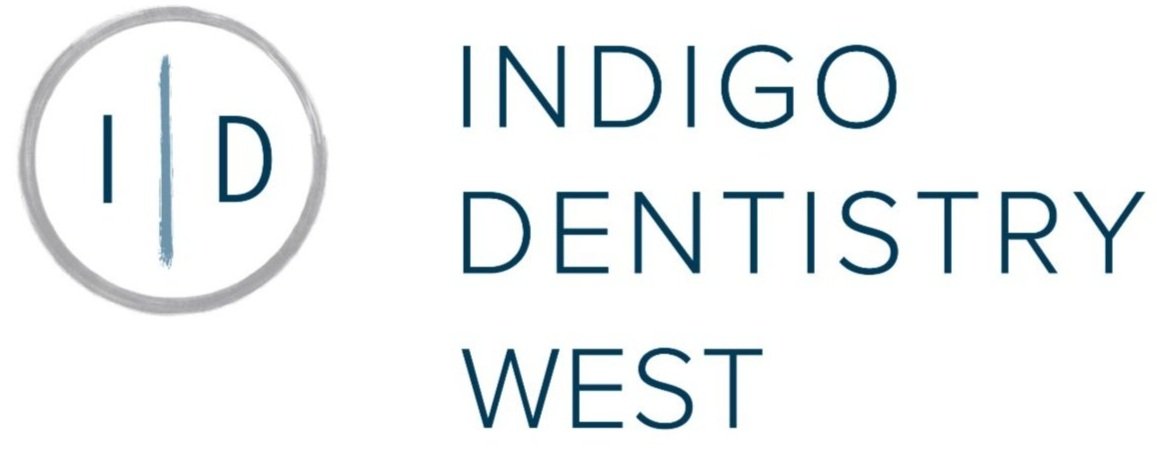The Essential Guide to Understanding When a Tooth Extraction Is Needed
Understanding the Importance of Tooth Extraction
At Indigo Dentistry, we understand that the decision to undergo a tooth extraction can be a daunting one. There are many factors to consider, including the severity of the dental issue, the overall health of the patient, and the potential long-term effects of the extraction. In this essential guide, we will provide you with the information you need to understand when a tooth extraction is needed, the different types of extractions available, and what to expect during and after the procedure. Whether you are a dental professional or a patient seeking answers, this guide will help you navigate the process with confidence and ease.
Signs and Symptoms that Indicate the Need for a Tooth Extraction
Recognizing the signs that may indicate the need for a tooth extraction is crucial in ensuring timely dental intervention. Common indicators include persistent and severe tooth pain, swelling around the affected tooth, extreme sensitivity to hot or cold, difficulty chewing, and recurrent infections. If you experience any of these symptoms, it is essential to consult with your dentist promptly to assess the situation and determine the appropriate course of action. By being proactive and addressing these warning signs promptly, you can prevent potential complications and maintain your oral health effectively. Stay informed and prioritize your dental well-being to make informed decisions regarding tooth extractions.
The Process of Tooth Extraction
Understanding the process of a tooth extraction can help alleviate any concerns you may have about the procedure. Before the extraction, your dentist will thoroughly examine the affected tooth and may take X-rays to assess the surrounding structures. During the extraction, local anesthesia will be administered to ensure a painless experience. The dentist will then carefully loosen the tooth from its socket and remove it. After the extraction, proper post-operative care is essential to promote healing and prevent complications. By familiarizing yourself with the process, you can approach the procedure with confidence and ensure a smooth recovery.
Post-Extraction Care and Recovery
After a tooth extraction, it is crucial to follow the dentist's post-operative instructions diligently to aid healing and prevent any complications. This may include avoiding certain foods, maintaining good oral hygiene, taking prescribed medications, and attending follow-up appointments. It is normal to experience some discomfort and swelling after the procedure, but these symptoms should gradually improve in the following days. Be sure to contact your dentist if you notice any unusual symptoms or have concerns about your recovery. By adhering to the recommended post-extraction care guidelines, you can promote healing and ensure a successful recovery process.
Potential Complications and Risks to be Aware Of
While tooth extractions are generally safe procedures, it's essential to be aware of potential complications that may arise. These can include infection, excessive bleeding, dry socket, or damage to nearby teeth or nerves. To minimize these risks, follow your dentist's pre and post-operative instructions meticulously. If you experience persistent pain, severe bleeding, fever, or any concerning symptoms post-extraction, contact your dentist immediately. Timely intervention can help address any issues swiftly and ensure proper healing. Stay informed about the possible risks, but rest assured that with proper care and attention, the likelihood of complications can be significantly reduced.
Consulting with a Professional for Tooth Extraction
When considering a tooth extraction, consulting with a dental professional is crucial. Your dentist will evaluate your specific situation, including the tooth's condition and its impact on your oral health. Through this assessment, they can determine if an extraction is necessary and develop a treatment plan tailored to your needs.
A professional's guidance ensures that the extraction process is conducted with precision and expertise, minimizing the risk of complications. Their expertise also enables them to provide you with comprehensive pre and post-operative instructions, aiding in a smooth recovery process. Trust in the expertise of your dental professional to make informed decisions about your oral health needs.
Prioritizing Your Oral Health
In conclusion, understanding when a tooth extraction is necessary is vital for maintaining optimal oral health. By consulting with a dental professional and following their expert guidance, you can ensure that the extraction process is carried out effectively and with minimal risk. Prioritize your oral health by staying informed, seeking regular dental check-ups, and addressing any issues promptly. Remember, your dental professional is there to support you in making the best decisions for your oral health needs. By taking proactive steps towards dental care, you can safeguard your well-being and enjoy a healthy smile for years to come.

